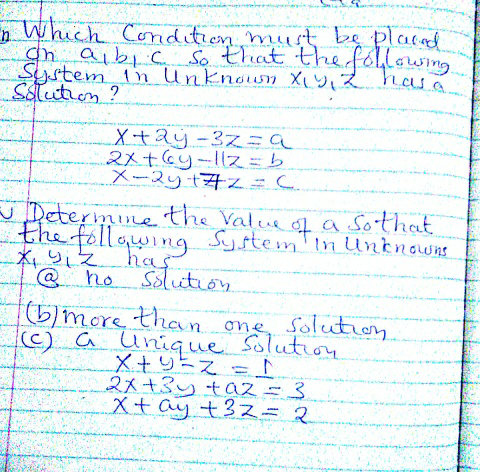
AllQuestion and Answers: Page 1599
Question Number 50371 Answers: 0 Comments: 0
Question Number 50370 Answers: 0 Comments: 0
Question Number 50369 Answers: 1 Comments: 0
Question Number 50368 Answers: 0 Comments: 1
Question Number 50367 Answers: 0 Comments: 0
$${calculate}\:\sum_{{k}={p}} ^{\mathrm{2}{p}} \:\:\frac{{C}_{{k}} ^{{p}} }{\mathrm{2}^{{k}} } \\ $$
Question Number 50366 Answers: 0 Comments: 0
Question Number 50365 Answers: 0 Comments: 0
Question Number 50364 Answers: 0 Comments: 0
Question Number 50363 Answers: 0 Comments: 0
Question Number 50362 Answers: 0 Comments: 0
Question Number 50360 Answers: 0 Comments: 0
Question Number 50359 Answers: 0 Comments: 0
Question Number 50357 Answers: 1 Comments: 1

Question Number 50356 Answers: 0 Comments: 0
Question Number 50355 Answers: 0 Comments: 0
Question Number 50354 Answers: 0 Comments: 0
Question Number 50353 Answers: 0 Comments: 0
Question Number 50352 Answers: 1 Comments: 5
Question Number 50328 Answers: 2 Comments: 0

Question Number 50330 Answers: 1 Comments: 1

Question Number 50299 Answers: 1 Comments: 7
Question Number 50293 Answers: 2 Comments: 4
Question Number 50279 Answers: 2 Comments: 0
Question Number 50278 Answers: 1 Comments: 6
Question Number 50275 Answers: 1 Comments: 0

Question Number 50274 Answers: 2 Comments: 0

Pg 1594 Pg 1595 Pg 1596 Pg 1597 Pg 1598 Pg 1599 Pg 1600 Pg 1601 Pg 1602 Pg 1603
